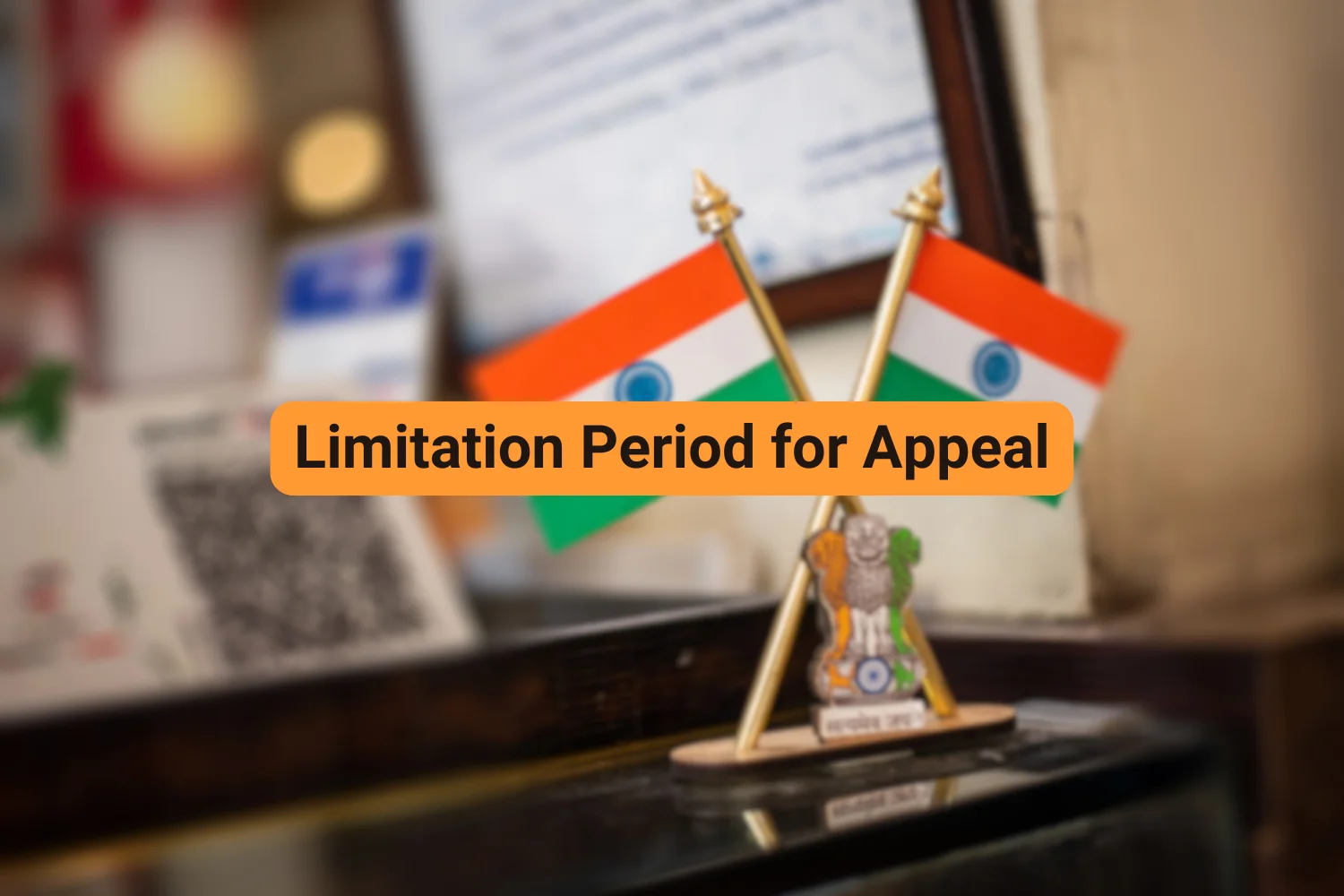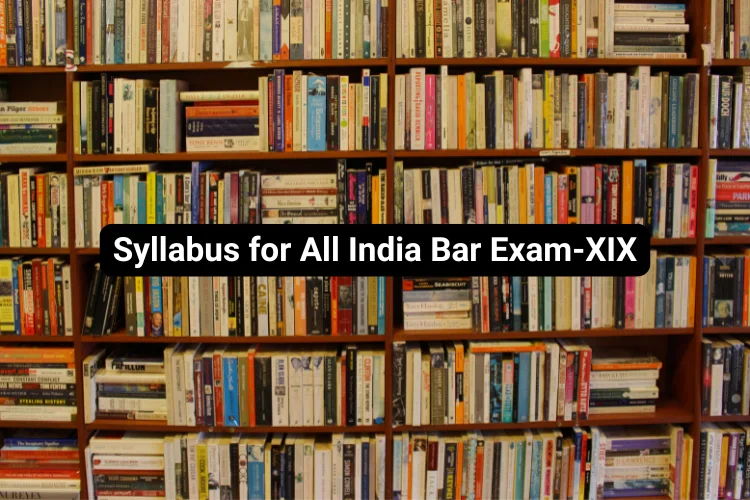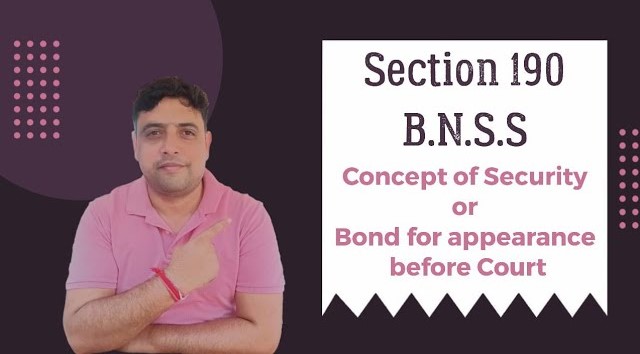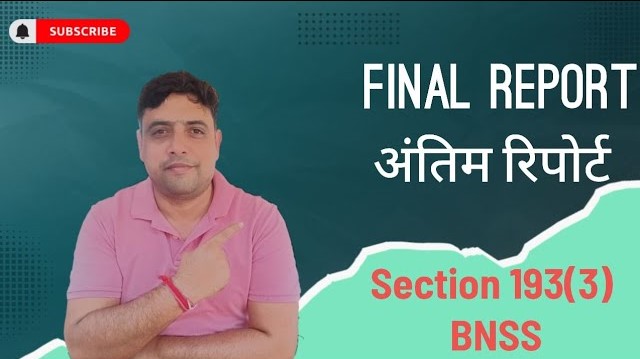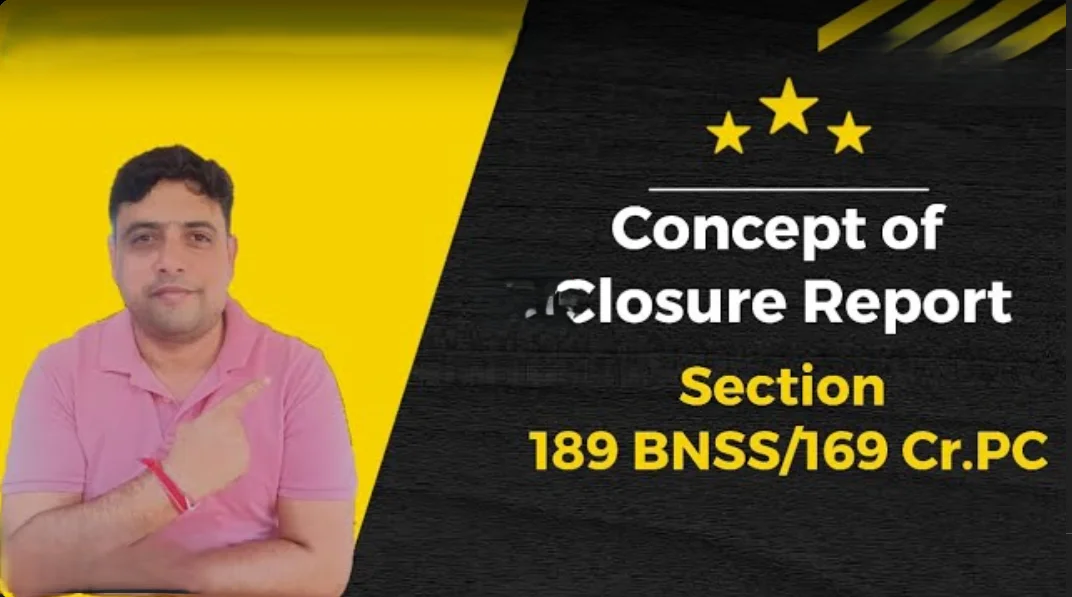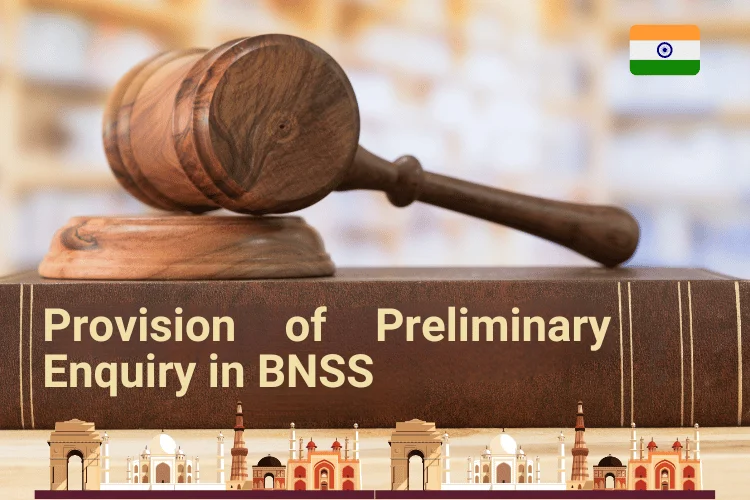ENFORCEMENT OF FOREIGN AWARD UNDER GENEVA CONVENTION

INTRODUCTION
India has ratified two significant international arbitration conventions - the New York Convention of 1958 and the Geneva Convention of 1927. The Arbitration and Conciliation Act, 1996, gives effect to these conventions in India, with Section 44 dealing with the enforcement of New York Convention awards and Section 53 dealing with Geneva Convention awards. This chapter focuses specifically on the enforcement of awards made under the Geneva Convention, providing a comprehensive framework for the recognition and enforcement of such awards in India.
WHAT IS FOREIGN AWARD UNDER THIS CONVENTION
Section 53 of the Arbitration and Conciliation Act, 1996, defines a "foreign award" for the purpose of enforcing Geneva Convention awards in India. A foreign award is considered valid if it meets the following conditions:
- It Relates to commercial matters as per Indian law made after July 28, 1924
- Made in accordance with an arbitration agreement applying the Protocol in the Second Schedule
- Between parties subject to the jurisdiction of countries declared by the Central Government as parties to the Convention (Third Schedule)
- Made in territories declared by the Central Government as applicable to the Convention
This definition sets out the criteria for recognizing and enforcing foreign awards under the Geneva Convention in India.
Example
A (in India) and B (in the USA) have a commercial agreement with an arbitration clause. The arbitration agreement is governed by the Protocol in the Second Schedule (which applies to the Geneva Convention). A dispute arises, and the matter is referred to an arbitration tribunal in the USA. The USA has been declared by the Central Government of India (through an official notification) as a territory to which the Geneva Convention applies.
Therefore, any award made by the USA arbitration tribunal is considered a "foreign award" under Section 53 of the Arbitration and Conciliation Act, 1996.
This example illustrates how a foreign award can be recognized and enforced in India under the Geneva Convention, provided all the conditions are met.
DOCUMENTS TO BE ATTACHED AT THE TIME OF APPLICATION
(Section 56)
To enforce a foreign award in India, the party applying must submit the following documents to the court:
-
- The original award or a duly authenticated copy.
- The original arbitration agreement or a certified copy.
- Evidence to prove the award is a foreign award.
Additionally:
- All documents must be in English. If they're in a foreign language, a certified English translation is required.
- The translation must be certified by a diplomatic or consular agent of the country to which the party belongs or in a manner sufficient according to Indian law.
The "Court" referred to in this context means:
- The High Court with original jurisdiction over the subject matter of the award, if it had been a suit.
- The High Court with jurisdiction to hear appeals from subordinate courts, in other cases.
As per the new Act, the application for enforcement of a foreign award will now only lie to High Court.
CONDITIONS FOR ENFORCEMENT OF FOREIGN AWARDS [SECTION 57]
Once an application for enforcement of a foreign award is made, the other party has the opportunity to file an objection against enforcement on the grounds recognized under Section 48 of the Act. The Indian courts may refuse to enforce the foreign award on satisfactory proof of any of the grounds mentioned in Section 48(1) of the ACT, 1996, by the party resisting the enforcement of the award. The provisions set out in Section 48 are in the nature of defenses available to the party resisting the enforcement application.
The party, against whom the award is invoked, may use any of the following grounds as defence before the Court for the purpose of refusal of enforcement of the foreign awards:
- The parties were under some incapacity under the law applicable to them or the arbitration agreement is not valid under that law; or
- The party against whom the award is invoked was not given proper notice of the appointment of the arbitrator or of the arbitral proceedings or was otherwise unable to present his case; or
- The award deals with a difference not falling within the terms of submission to arbitration or
- The composition of the arbitral authority or the arbitral procedure was not in accordance with the agreement of the parties or in the law of the country where the arbitration took place; or
- The award has not yet become binding, or has been set aside or suspended by a competent authority of the country in which or under the law of which, the award was made; or
- The subject-matter of the difference is not capable of settlement by arbitration under the law of India; or
- The enforcement of the award would be contrary to the public policy of India.
The Amendment Act has restricted the ambit of violation of public policy for international commercial arbitration to only include those awards that are:
-
- affected by fraud or corruption,
- in contravention with the fundamental policy of Indian law, or
- conflict with the notions of morality or justice.
Section 57(2) of the Arbitration and Conciliation Act, 1996, provides grounds for refusing enforcement of a foreign award, even if the conditions in Section 57(1) are met. The Court may refuse enforcement if:
- The award has been annulled in the country where it was made.
- The party against whom the award is sought was not given sufficient notice of the arbitration proceedings or was not properly represented due to legal incapacity.
- The award deals with matters outside the scope of the arbitration submission or contains decisions on matters not covered by the submission.
Additionally, the Court may postpone enforcement or grant it subject to a guarantee if the award does not cover all the differences submitted to the arbitral tribunal. These grounds for refusal and postponement ensure that foreign awards are enforced in India only if they meet certain standards of fairness, validity, and scope.
SECTION 58
When the Court is satisfied that a foreign award is enforceable, it shall be deemed a decree of that Court. This means the award can be enforced like a regular court decree.
APPEALABLE ORDERS
Section 59 of the Arbitration and Conciliation Act, 1996, outlines the appealable orders related to arbitration and foreign awards. Here's a simplified explanation:
If a party is unhappy with the court's decision:
- Refusing to refer parties to arbitration (under Section 45)
- Refusing to enforce a foreign award (under Section 48)
They can file an appeal. This appeal can be made despite any other law in force, and it shall lie to the court authorized to hear appeals from such orders.
Thus, Section 50(1) provides a pathway for parties to challenge unfavorable court decisions related to arbitration and foreign awards, allowing them to pursue legal recourse and seek a reversal or modification of the original decision.
Section 59(2) of the Arbitration and Conciliation Act, 1996, states that:
- The first appellate order (appeal filed under Section 50) is final and binding.
- No second appeal shall lie from an order passed in such an appeal.
- However, this section does not affect or take away any right to appeal to the Supreme Court.
CONCLUSION
When a contract contains an arbitration agreement and a dispute arises, the judicial authority shall refer the matter to arbitration. The enforcement of a foreign award (Geneva Convention award) follows a specified procedure under the law. If enforceable, the foreign award is binding on the parties and can be relied upon as a defense, setoff, or in other legal proceedings in India. However, there are grounds for refusing enforcement, such as annulment in the country of origin, lack of notice, or matters beyond the scope of the arbitration agreement. If the Court is satisfied that the foreign award is enforceable, it shall be deemed a decree of the Court. Moreover, orders refusing to enforce a foreign award are appealable, providing a further recourse for parties seeking to challenge such decisions.
"Empowering your legal journey, one resource at a time. Welcome to Vidhoon, your trusted hub for
comprehensive law notes, practical guidance, and expert support.
Explore, learn, and succeed with us!







